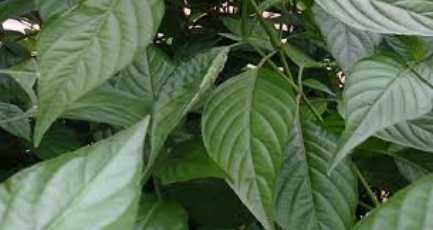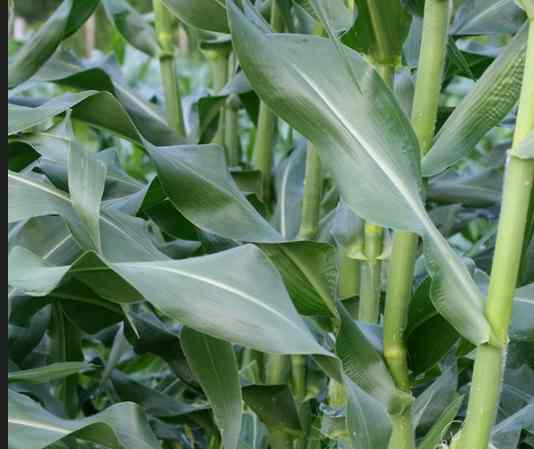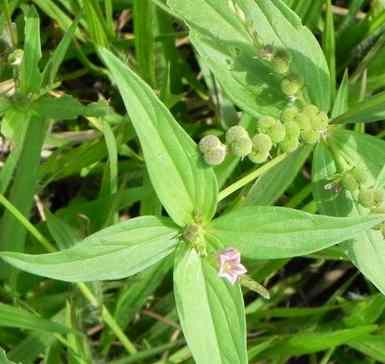
support@yorubalibrary.com
+2348073529208, 07038599574

Ewe Ẹjẹ, meaning “blood leaf” in Yoruba, is one of the most treasured medicinal plants for blood formation and regulation. Its English name is Blood Leaf, and its botanical name is Justicia carnea.
The name “Ẹjẹ” directly reflects its major function – boosting blood production, treating anemia, and restoring strength after blood loss. In Yoruba traditional medicine, it is commonly recommended for women after childbirth, nursing mothers, and people recovering from serious illnesses.
Ewe Ẹjẹ is easily recognized by its green or purplish leaves and reddish flower clusters, making it both a medicinal and ornamental plant.
Key Facts
Category: Leaf
Botanical Name: Justicia Carnea
Common Name: Blood Leaf
Yoruba name: Ewe Ẹjẹ
Igbo Name: Nil
Hausa Name: Nil
Health Benefits
1. Boosts Blood Production and Treats Anemia
Ewe Ẹjẹ (Justicia carnea) is highly effective in increasing red blood cell count, making it ideal for people suffering from anemia or low blood levels.
2. Restores Strength After Childbirth or Blood Loss
Women who have lost blood during childbirth or surgery take Ewe Ẹjẹ herbal drinks to regain strength quickly.
3. Improves Lactation in Nursing Mothers
The leaf is believed to enhance breast milk flow while enriching the mother’s blood.
4. Supports General Body Wellness and Immunity
Regular intake strengthens the body, boosts immunity, and prevents frequent sickness.
5. Improves Fertility and Reproductive Health
Yoruba herbalists sometimes combine Ewe Ẹjẹ with other herbs in fertility-enhancing herbal drinks.
6. Enhances Skin Glow and Healthy Complexion
Because of its blood-enriching power, it improves skin tone and gives a healthy glow.
7. Speeds Recovery After Illness
Patients recovering from malaria, typhoid, or long-term sickness drink Ewe Ẹjẹ tea to recover faster.
Want to treat common ailments such as Malaria, Cough, Measles, Typhoid, Pile etc naturally without spending much? Grab a copy of Authentic Herbal Solutions: 15 Common Ailments & Their Natural Cures. A practical eBook recommended for everyone regardless of tribe, religion or association. Order below or Download sample here
AUTHENTIC HERBAL SOLUTION #4KOne Yoruba proverb says "Bí olóde ò kú, òde rè kì í wu Gbégi". Do you know that Gbégi is actually a leaf/plant? Get Yoruba Proverbs on Plants and Herbs, which is a collection of Untold Wisdoms Hidden in Leaf and plants comprising their Life Applications & Moral Teachings. Order below or download sample here
YORUBA PROVERBS ON PLANTS #4KSpiritual Use
1. Attracting Life, Strength, and Vitality
Some Yoruba traditionalists use Ewe Ẹjẹ in rituals symbolizing life, strength, and vitality due to its blood-nourishing power.
2. Restoring Lost Spiritual Energy
The leaf is sometimes included in herbal baths or drinks for people believed to have lost spiritual strength or energy.
3. Cleansing Bad Luck and Opening Doors
Ewe Ẹjẹ is occasionally used in mild cleansing rituals to wash away bad luck and invite good health and favor.
4. Protection for Women After Childbirth
Traditionally, women who recently gave birth may undergo herbal cleansing with Ewe Ẹjẹ to protect them from spiritual attacks.
Characteristics
⦁ Physical Appearance –
Ewe Ẹjẹ has broad green or purplish leaves with striking pinkish-red flower clusters.
⦁ Taste and Smell –
Mild herbal taste when cooked or boiled; slightly earthy smell.
⦁ Growth Pattern –
Grown in gardens, home compounds, and farmlands, thriving well in moist soil.
Functions
⦁ Traditional Medicine –
Blood booster, post-childbirth recovery, anemia treatment, and general body strengthening.
⦁ Spiritual Cleansing –
Restores vitality, protects new mothers, and removes bad luck.
⦁ Fertility Support –
Added to herbal fertility drinks for women.
Conclusion
Ewe Ẹjẹ, the Yoruba Blood Leaf (Justicia carnea), is one of the most important herbs for blood health and vitality. It is widely used to treat anemia, restore strength after childbirth, improve lactation, and boost immunity.
Have you heard of our Yoruba Herb Dictionary? This contains names of Yoruba Leaf, Roots, Barks, Characteristics, Properties & Identification with HD Pictures. Order below or download sample here
A-Z HERBS & LEAF DICTIONARY #4K
Know more about the Yoruba traditional uses and he…

Learn about Ewe Aran, a potent Yoruba medicinal le…